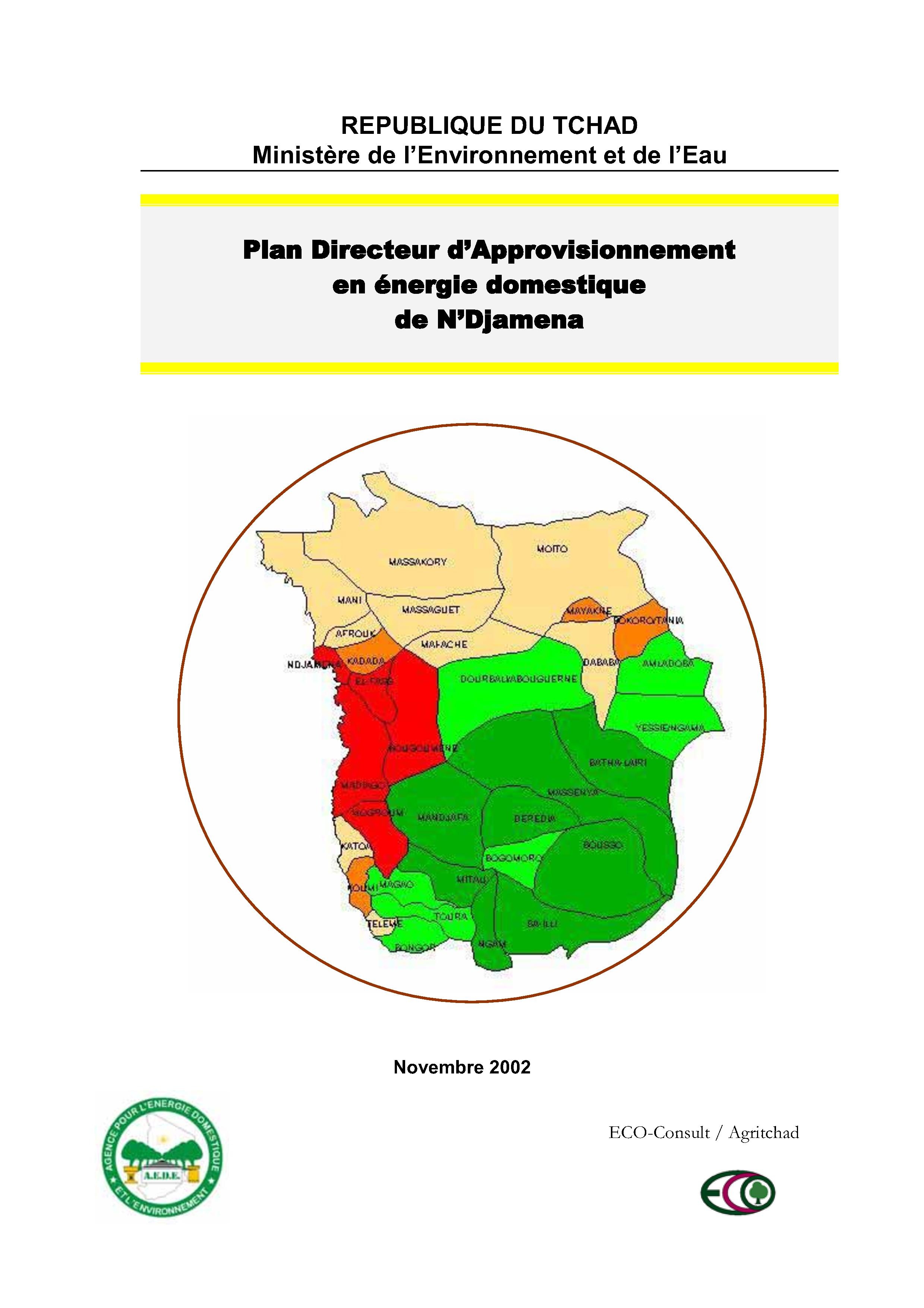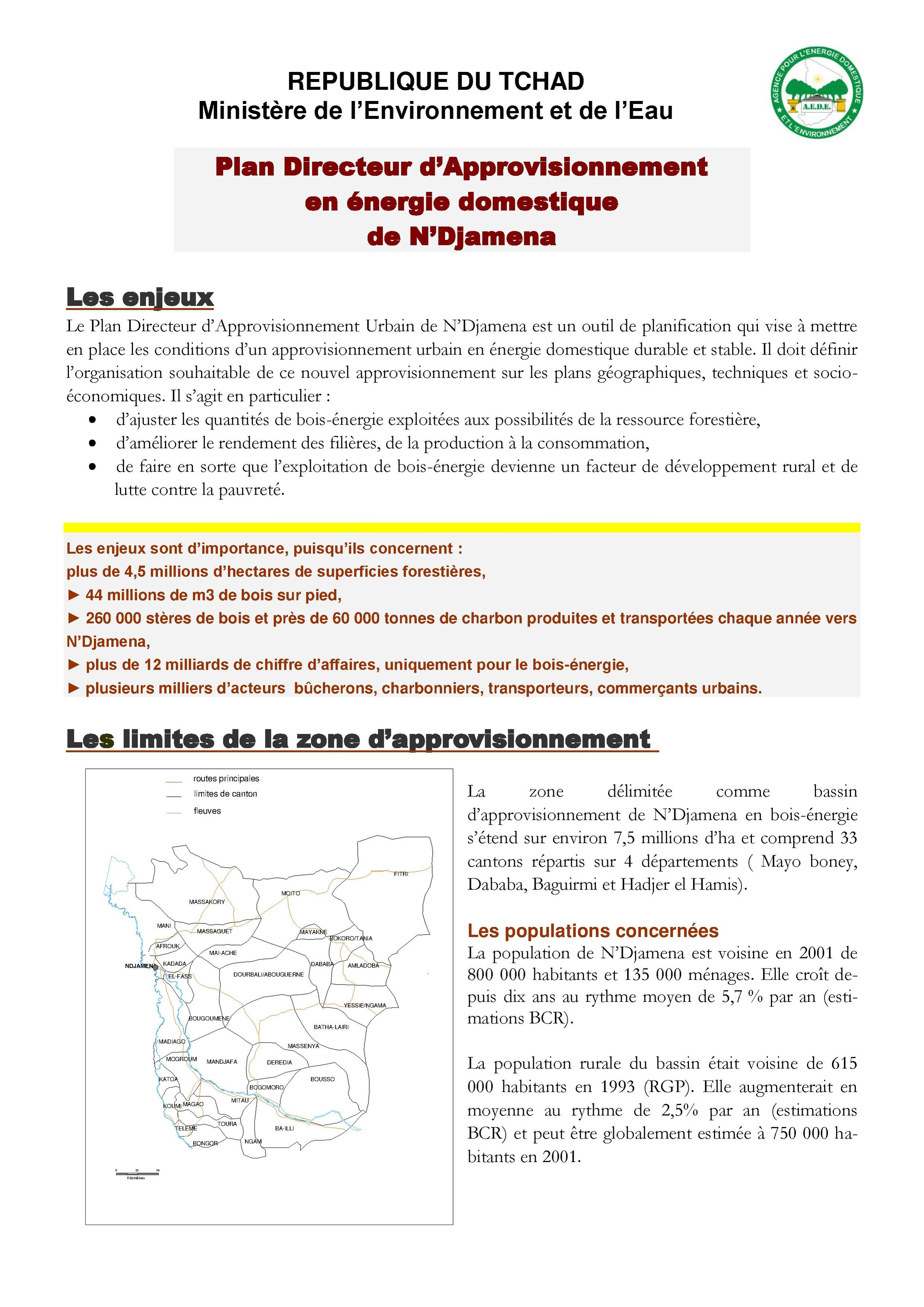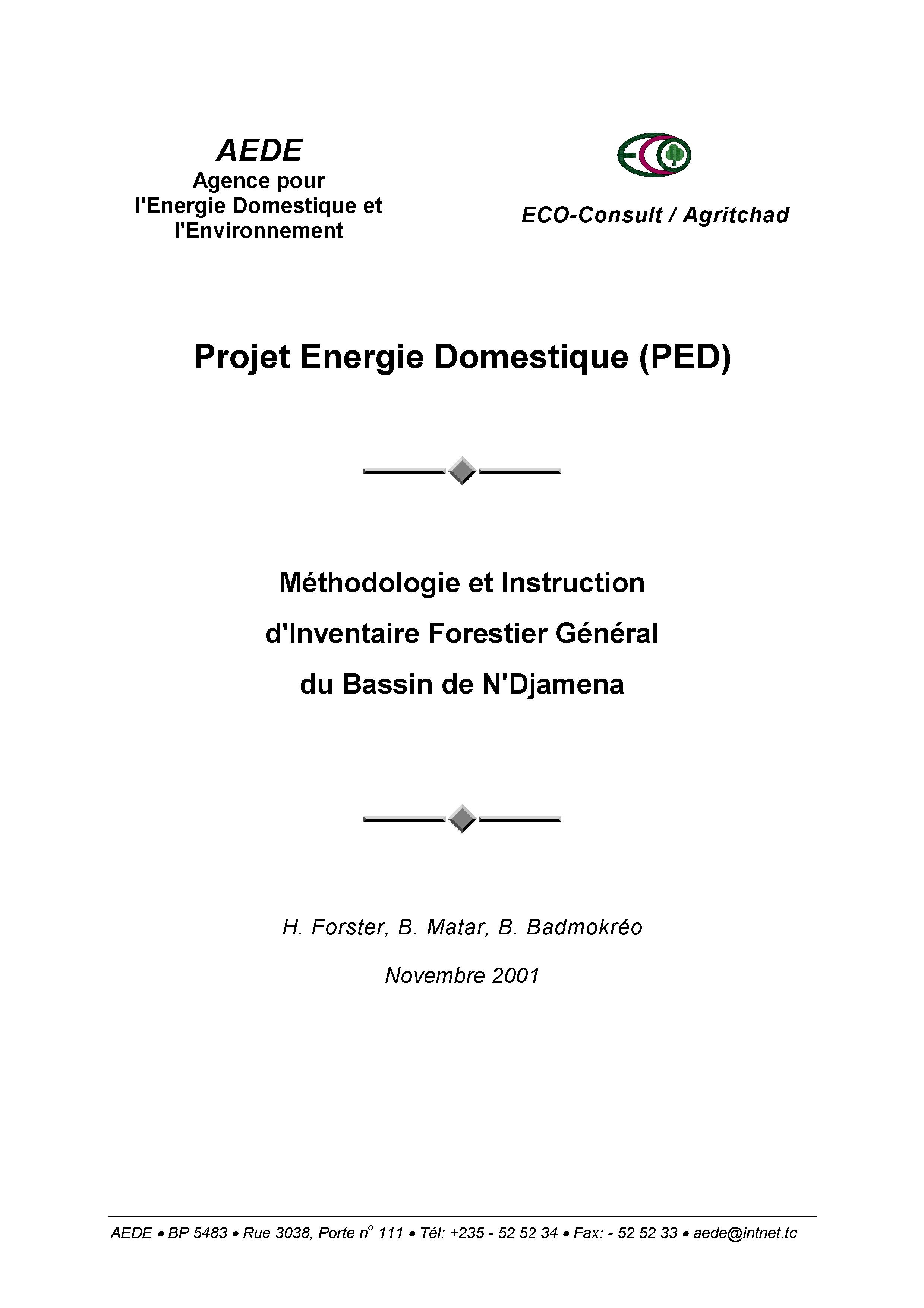Click here to register!
Cooking Energy Intervention Strategies
--> Back to Overview Cooking Energy Compendium
Cooking Energy Intervention Strategies - Summary
In the light of the rising costs for fossil fuels, and increasing concern over some liquid biofuels, woodfuel will remain important in the energy mix of African countries struggling to meet an ever growing demand for several decades to come. Consequently, there is a need for national energy policies to include a component on wood-based fuel. Ideally, developing such strategies is a systematic and ongoing process comprising stakeholder consultation, participation, and capacity-building down to local level. The ultimate goal is to identify actions and assign responsibilities and timeframes for their implementation. High-level decision-making of all relevant ministries (energy/ forestry/ environment/ agriculture etc.) is needed to establish rules and laws that provide supportive conditions for the development and use of woodfuel resources.
A National Biomass Energy Strategy Guide has been developed by the ‘BEST Initiative’ to provide a development focus for policy-makers, energy and forestry planners. BEST is a joint initiative of the EUEI Partnership Dialogue Facility (PDF), GIZ programmes Energising Africa and Poverty Oriented basic Energy Services (HERA) (both implemented on behalf of BMZ). Biomass Energy Strategies (BESTs) have been approved and published by the Governments of Rwanda and Botswana. Further ‘BEST Initiative’ supports the development of BESTs in Mozambique, Tanzania, Zambia. (Since the initiative is ongoing, the list of contries keeps on changing - find more information below)
For the Sahel region of West-Africa, the CILSS based project PREDAS has published a similar guide for developing ‘National domestic energy strategies’. The different steps recommended in the guide follow a more structured approach based on the ‘Fuelwood Market Scheme’ launched in Niger, Mali and Chad during the late 1990s. Currently all CILSS member countries possess a ‘National domestic energy strategies’.
Any new strategy should complement existing woodfuel-related strategies and facilitate the efficient implementation of existing policies. Political commitment and ownership of the strategy by high level decision makers should be part of the whole strategy development exercise. Softward modeling tools such as LEAP can be useful when evaluating different scenarios in terms of impact and cost/benefit.
http://www.energycommunity.org/default.asp?action=47
At local level, the development of Woodfuel supply master plans (WSMP) is now common practice for cities such as Mali, Niger and Chad to supportthe sustainable supply with woodfuel. The WSMP are based on forest resource inventories in the woodfuel catchment areas of each city, complemented by socio-economic studies. They assess: (i) available woody resources (estimated areas, standing stocks and yields) (ii) prevailing woodfuel flows, describing the main woodfuel supply chains and the current woodfuel harvesting and charcoal-making areas at local level (iii) human dynamics (history, demography and migrations, main land-based activities, etc.). The WSMP highlights the geographic priority areas and gives strategic guidelines for implementation. During the WSMP development process, all relevant stakeholders are involved, and their approval (technical as well as political) is solicited during a final workshop. Additional information on Woodfuel supply master plans can be accessed (in French only) through:

|
||
| Woodfuel supply master plan (N’Djamena/Chad) | Exerpt from the Woodfuel supply master plan (N’Djamena/Chad)destined for decision-makers |
Manual to conduct forest inventories of woodfuel catchment areas |





















